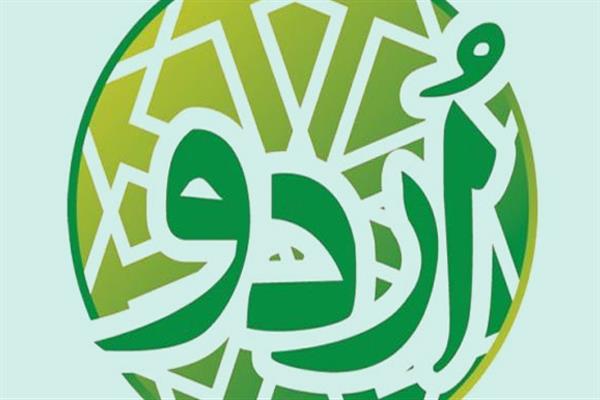BJP’s Call to Remove Urdu from Exams Sparks Outrage in J&K
A storm of criticism has erupted across Jammu and Kashmir’s political landscape after the BJP’s Leader of Opposition in the Assembly demanded the removal of Urdu as a qualifying subject in Naib Tehsildar recruitment exams, a move widely seen as an attempt to marginalise a large section of the region’s population and undermine its cultural foundations.
Prominent People’s Democratic Party (PDP) youth leader and legislator Waheed Parra was quick to condemn the demand, calling it a “divisive step” with far-reaching consequences.
“BJP’s LoP demands removing Urdu from Naib Tehsildar exams — a move that risks erasing J&K’s rich archive and cultural legacy,” Parra tweeted. “Urdu is more than a language, it’s a key part of the region’s heritage. Undermining it divides communities and rewrites memory.”
Political observers and civil society members see the demand as part of a larger ideological campaign by the BJP to dilute Jammu and Kashmir’s distinctive linguistic and cultural identity in favour of its majoritarian narrative.
“The repeated targeting of Urdu, a language that bridges regions, religions, and generations — is a calculated attempt to alienate Muslims and redefine identity in purely communal terms,” said Dr. Altaf Hussain, a political analyst based in Srinagar. “This is not about exams; this is about exclusion.”
Urdu has held the status of the official language in J&K since the late 19th century and remains a crucial part of administrative, legal, and literary life. For decades, it has served as a linguistic link between Kashmir, Jammu, Ladakh, and even parts of Punjab and Himachal, transcending regional boundaries.
“Urdu is the soul of Jammu and Kashmir. Attacking it is like attacking our very identity,” said National Conference MP Hasnain Masoodi. “This is not a language issue. It’s an identity issue — and a dangerous precedent.”
The demand to eliminate Urdu from eligibility criteria for a key administrative post like Naib Tehsildar has also drawn sharp reactions from within Jammu itself, where Urdu is widely used in legal and revenue documents.
“First came the dilution of Article 370, then land laws were changed, domicile policies were rewritten, and now the language, what’s left?” asked CPIM leader M.Y. Tarigami. “This dangerous trend will only deepen mistrust and polarisation.”
Even voices outside mainstream politics have raised concerns about the implications of such demands on social cohesion and linguistic justice.
“Languages are repositories of memory and culture,” said Prof. Riyaz Punjabi, a noted linguist. “To suppress a language is to silence a people.”
Political parties, student groups, and writers’ associations have begun mobilising to resist what they call a “linguistic cleansing.” Several youth groups have announced campaigns to raise awareness about the importance of Urdu and the need to protect regional heritage from political interference.
Waheed Parra, who has been vocal about cultural preservation, urged all communities to resist attempts to divide society on linguistic and religious lines.
“J&K has always been known for its plurality, its shared spaces, its languages. Let’s not allow political agendas to rewrite who we are,” he told the news agency Kashmir News Trust.
“If we couldn't even save our language after having 50 MLAs, then maybe we should turn this assembly down into a Cultural Museum and carry out governance from Raj Bhavan,” asked an agitated netizen on social media. [KNT]


Comments are closed.